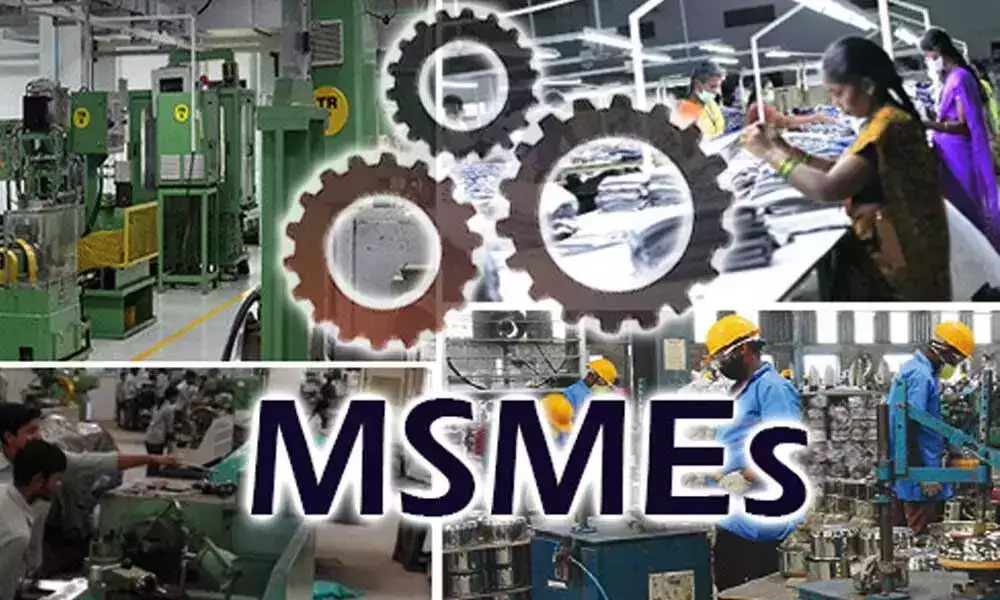How India’s MSMEs Can Leverage E-commerce for Global Reach
While the potential is immense, MSMEs must address challenges to fully leverage e-commerce

Indian MSMEs contribute over thirty percent to the GDP.
India’s Micro, Small, and Medium Enterprises (MSMEs) form the backbone of the nation’s economy, contributing over 30% to the GDP and employing millions.
Despite their immense potential, MSMEs often face challenges in scaling their operations and reaching global markets. However, the advent of e-commerce has opened up new opportunities, providing MSMEs a platform to expand their reach beyond geographical constraints.
E-commerce offers MSMEs access to a vast, global customer base. Platforms like Amazon, Flipkart, and niche B2B marketplaces such as IndiaMART and TradeIndia enable small businesses to showcase their products to international audiences.
With tools for product listings, payment gateways, and shipping solutions, these platforms simplify the process of entering foreign markets. Moreover, the ability to market directly to consumers eliminates middlemen, allowing MSMEs to increase profit margins.
Digital tools also empower MSMEs to compete with larger corporations by levelling the playing field. Advanced analytics provided by e-commerce platforms help small businesses understand consumer behavior, tailor their offerings, and optimize pricing strategies. Social media platforms like Instagram and Facebook further enable MSMEs to market their products effectively, reaching specific target audiences through cost-efficient advertising campaigns.
Government initiatives like the Digital India program and Make in India have further boosted the digital transformation of MSMEs. Subsidies for digital adoption, training programs, and financial incentives have encouraged more small businesses to adopt e-commerce solutions. Additionally, the introduction of simplified tax structures such as the Goods and Services Tax (GST) has streamlined cross-border transactions, making international trade more accessible.
While the potential is immense, MSMEs must also address challenges to fully leverage e-commerce. Building an online presence requires investment in technology, infrastructure, and digital skills.
Many small businesses still face hurdles such as lack of internet access, logistical issues, and regulatory complexities. Partnering with third-party logistics providers and leveraging government schemes for digital training can help overcome these obstacles.
Furthermore, MSMEs can benefit from creating unique value propositions that resonate with global consumers. Whether it’s offering handmade, artisanal goods or leveraging India’s reputation for quality textiles and spices, showcasing authentic, locally made products can set them apart in the competitive global market.
The integration of e-commerce into MSMEs’ operations is not just a step towards modernization but a gateway to exponential growth. By embracing the digital revolution, India’s MSMEs have the potential to become significant players in the global economy, driving both economic development and job creation.
With the right support and strategic vision, these enterprises can transform challenges into opportunities and thrive in the digital age.
